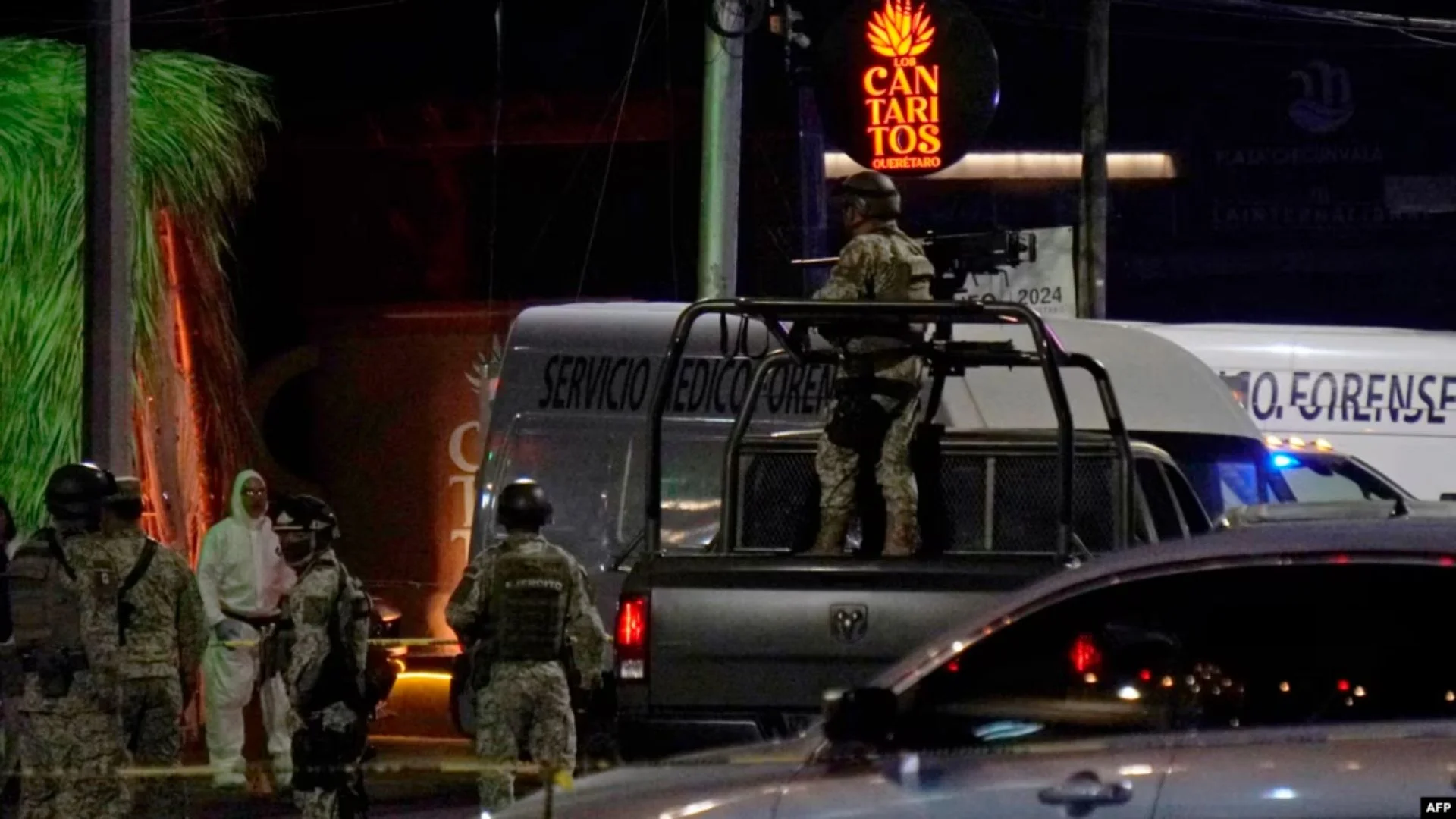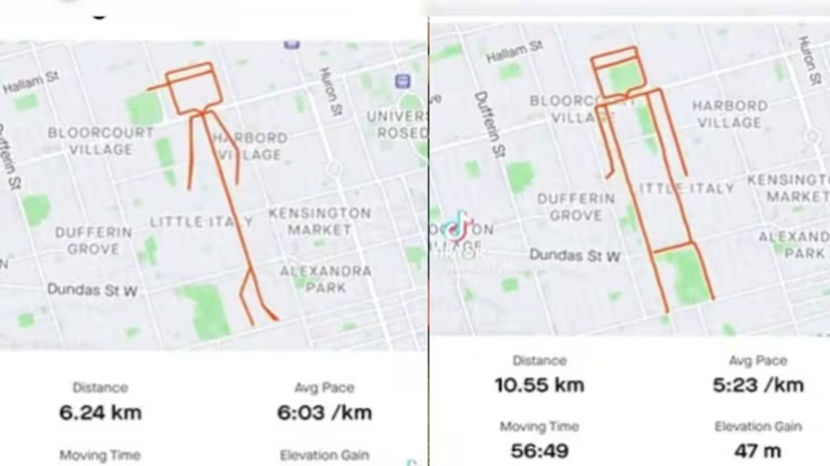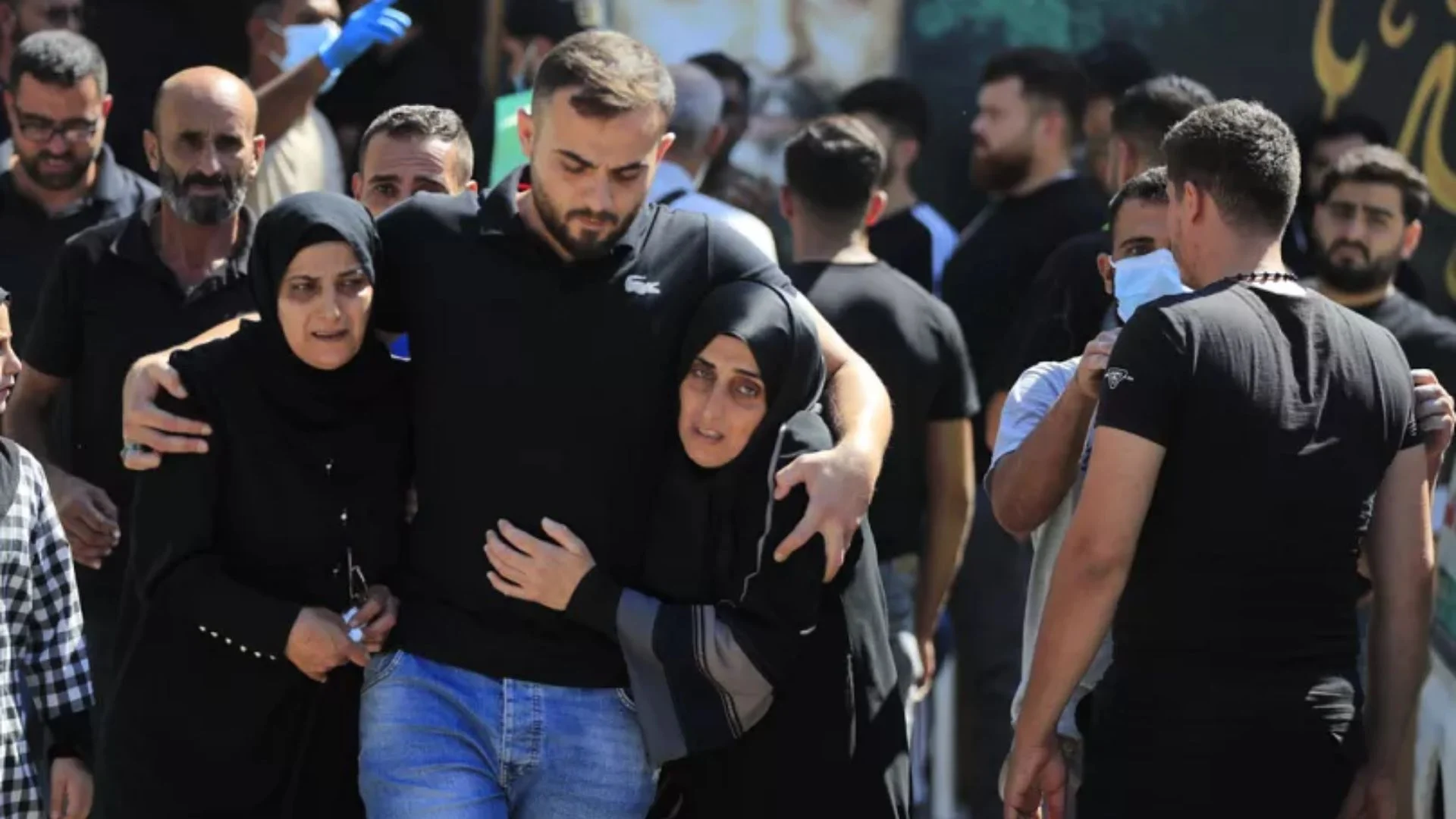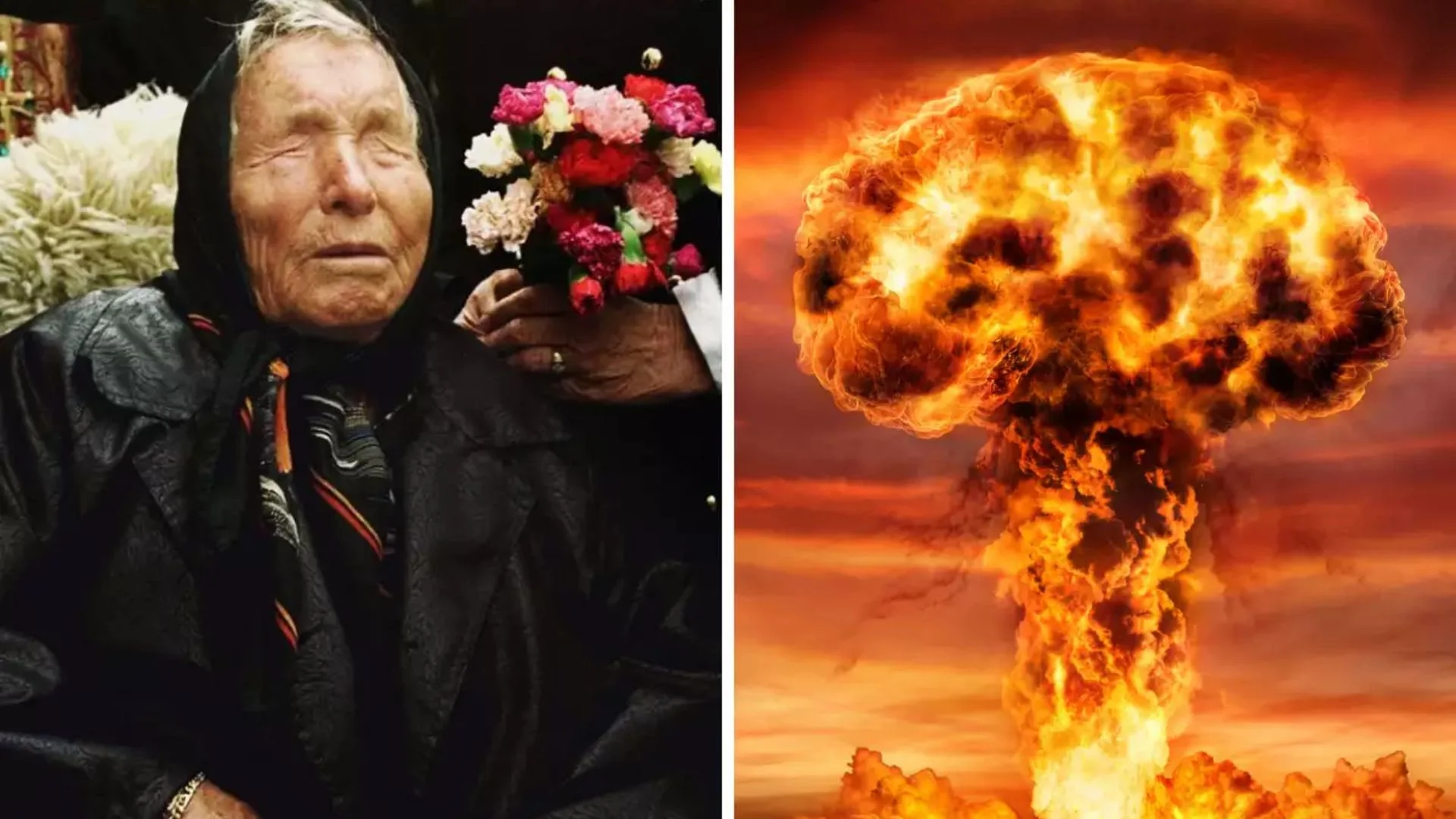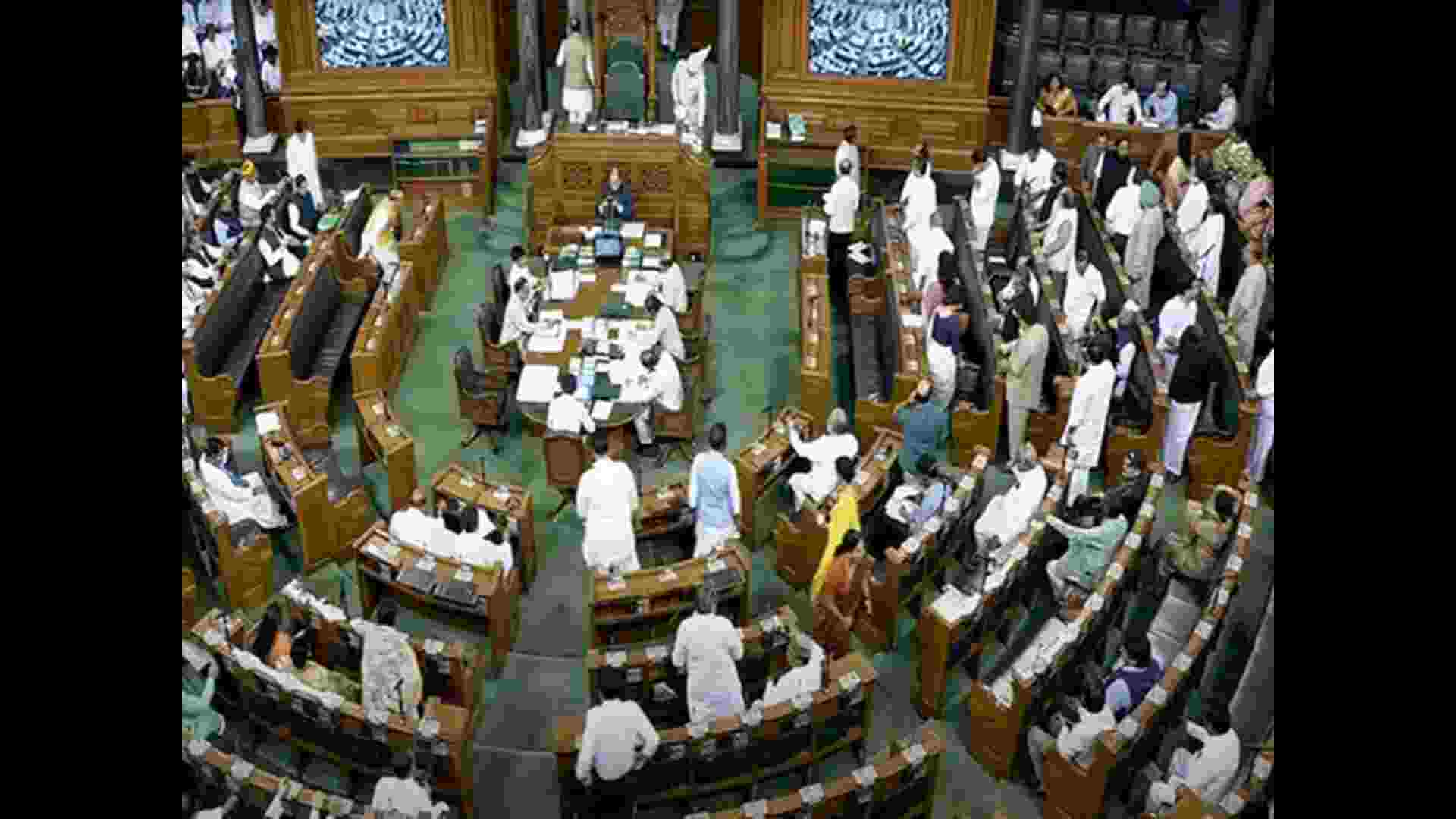
Both Congress and BJP are deeply entrenched in campaigning ahead of Lok Sabha elections. After the release of manifestos by the Congress now the BJP aims at picking loopholes in their strategies, statements and manifesto.
Prime Minister Narendra Modi has now drawn attention to another significant point in Congress manifesto. Experts suggest that PM Modi’s reference to the Muslim League’s influence on the Congress manifesto may be a key component of his election strategy.
Experts anticipate that PM Modi is once again leading the opposition to engage on its own ground. The issue of Muslim League is gradually gaining momentum. On Monday, by addressing Sanatan Dharma alongside the Muslim League, in Maharashtra, he continued this strategy keeping opposition on target.
The Congress has already elevated the issue by lodging a complaint with the Election Commission, which might potentially lead to further escalation; impacting elections significantly in Rajasthan. Particularly in Rajasthan, the Lok Sabha elections could steer towards polarization politics like the Assembly elections. If it happens, it would create a tough road ahead for congress as current caste dynamics in Rajasthan are working against the BJP.
In the event of a weakening Modi wave, Congress could deliver a significant blow to BJP’s aspirations of winning all 25 seats in Ayodhya. This time, Congress has displayed prudence in ticket allocation, opting to contest only 23 seats instead of all 25. It has fielded its own candidates and formed alliances with three other parties.
Talking about the way Modi campaigns, he does meticulous planning, thorough research and devises a plan to woo the voters. During the assembly elections, BJP had recognized the necessity of polarizing politics to secure victory. Consequently, their emphasis on polarization-inducing issues like the Udaipur massacre, the ban on Ram Navami processions, and previous riots in Jaipur resulted in a significant victory, decisively defeating Congress.
Prime Minister Modi has once again devised a strategy for Rajasthan. His rally in the Churu constituency, initially perceived as weak, generated momentum. By emphasizing patriotism, he revitalized competition in seats traditionally favorable to Congress. In Churu, Congress has fielded BJP rebel Rahul Kaswan. Additionally, Prime Minister Modi sought to divert attention from the Congress manifesto by commenting on it during a rally in Ajmer, thereby employing polarization tactics. While the influence of the Muslim League in the manifesto may not be significant, the issue is beginning to gain traction, with the Prime Minister taking an aggressive stance.
If we talk about the equation in Kerela, Congress has contested elections in collaboration with the Muslim League. In the previous Lok Sabha elections, the waving of Muslim League flags during Rahul’s nomination stirred controversy. However, during his recent nomination, neither Muslim League nor Congress flags were observed, prompting speculation about Congress’s motivations. Some interpreted this as Congress succumbing to pressure from the Muslim League. Prime Minister Modi has indirectly addressed Congress’s association with the Muslim League by highlighting the influence of the Muslim League on the Congress manifesto. Congress cannot easily refute these connections. Any further developments in this matter could reignite discussions surrounding Kerala.
Meanwhile, BJP’s election strategy revolves around issues like the Ram Temple in Ayodhya and Article 370. Today, Prime Minister Modi addressed Maharashtra, reiterating concerns about attacks on Sanatan Dharma and scrutinizing the Congress manifesto. By emphasizing these points, Prime Minister Modi is steering the Lok Sabha elections towards Hindutva-centric polarization politics. If the opposition adopts a similar approach and plays on the pitch that has been designed by the PM it could potentially benefit BJP. Following Maharashtra, Rajasthan is witnessing Congress challenging BJP on certain seats through alliances with smaller parties.
The contests in Banswara, Sikar, and Nagaur seats have become interesting due to recent developments. In Banswara, BJP’s Mahendra Jeet Singh Malviya will directly face Bharatiya Tribal Party’s Rajkumar Rot. Congress attempted to negotiate with the tribal party and withdraw its nomination, which was successful today. Experts believe that Malviya’s challenge has intensified as a result. Similarly, Congress supporting RLP candidate Hanuman Beniwal in Nagaur has compounded the difficulties for BJP’s Jyoti Mirdha. In Sikar, Congress has allocated the seat to the Left party. Seats like Churu, Sikar, Jhunjhunu, Jalore Sirohi, Dausa, Tonk, Sawai Madhopur, and Barmer are considered favorable for BJP’s victory, particularly with the aid of the Ayodhya issue and polarization politics.

